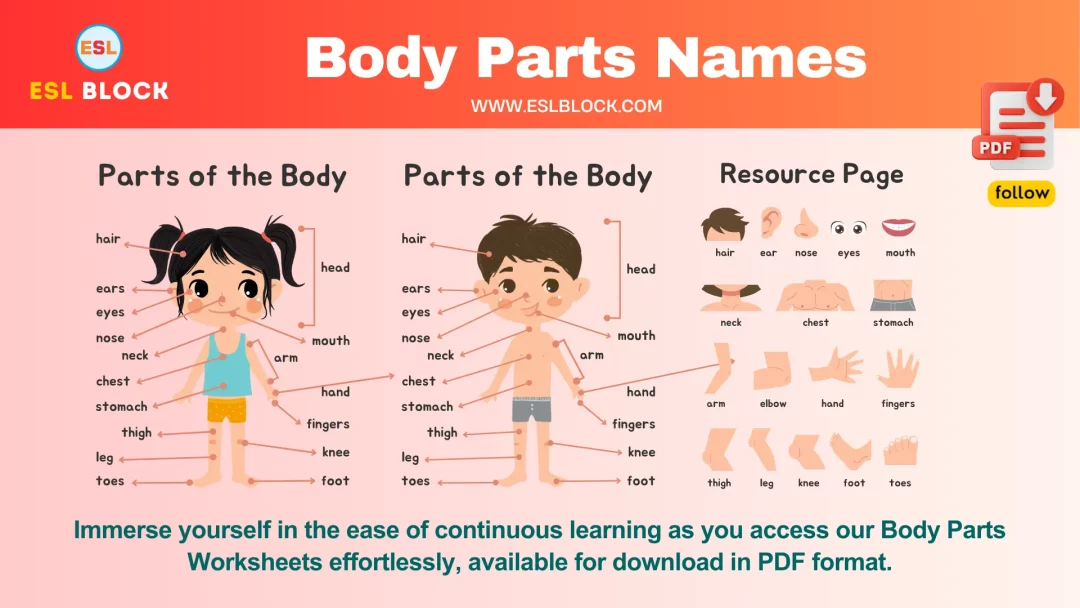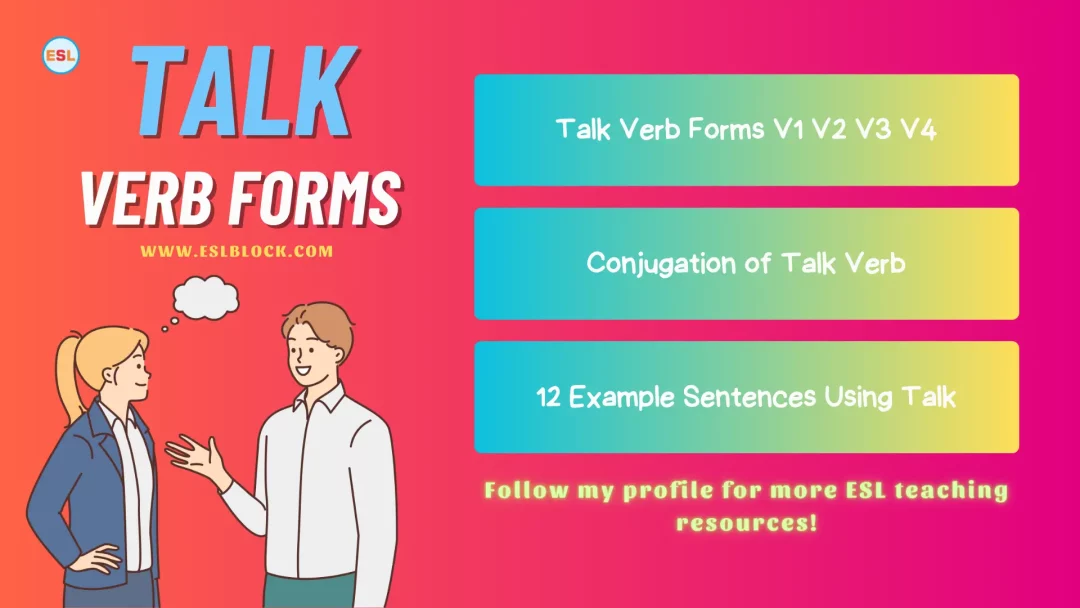Infinitive Verbs in English with Example Sentences

![]()
Welcome to the realm of infinitive verbs, the versatile chameleons of the English language! In the intricate dance of parts of speech in English grammar, infinitive verbs hold a unique position. ? Today, we embark on a journey to unravel the definition, meaning, and usage of infinitive verbs, exploring their significance in constructing expressive and impactful sentences.
Infinitive verbs, positioned as the base form of a verb, serve as the canvas upon which language artists paint their expressions. In the vast landscape of English grammar, understanding the role of infinitive verbs is paramount for anyone striving to master the nuances of effective communication. ? Let’s delve into the intricacies of infinitive verbs, demystifying their essence and uncovering their importance in the symphony of language.
Also Check: Parts of Speech
What are Infinitive Verbs?
An infinitive verb is the base form of a verb, typically preceded by the word “to.” This versatile form allows verbs to exist in their most elemental state, devoid of tense or specific subject agreement. It functions as a noun, adjective, or adverb within a sentence.
For instance, in the sentence “She loves to dance,” the infinitive verb “to dance” serves as the object of the verb “loves,” highlighting the action without specifying when it occurs. This simplicity and flexibility make infinitive verbs indispensable in constructing varied and nuanced expressions.
Examples of Infinitive Verbs
Explore the diversity of infinitive verbs through this list:
- To dance
- To sing
- To read
- To write
- To run
- To learn
- To teach
- To play
- To cook
- To travel
- To build
- To create
- To explore
- To innovate
- To laugh
- To dream
- To achieve
- To discover
- To inspire
- To communicate
Example Sentences using Infinitive Verbs
- She loves to dance under the stars.
- They aspire to sing on a grand stage someday.
- We decided to read the entire book series this summer.
- He has the ambition to write a bestselling novel.
- The athlete trained hard to run a marathon.
- Students are eager to learn new concepts in every class.
- The professor is qualified to teach advanced mathematics.
- Children enjoy the freedom to play in the park.
- She has the skill to cook gourmet meals effortlessly.
- We plan to travel to exotic destinations next year.
- Engineers work tirelessly to build innovative structures.
- Artists use their imagination to create captivating artworks.
- Explorers venture into the unknown to explore new territories.
- Innovators constantly strive to innovate and improve technologies.
- Laughter has the power to laugh away stress and worries.
- Imagination allows us to dream of endless possibilities.
- Hard work is the key to achieve success in any endeavor.
- Scientists dedicate their lives to discover the secrets of the universe.
- Teachers aim to inspire a love for learning in their students.
- Effective communication is essential to communicate ideas clearly.
Conclusion
In the grand tapestry of English grammar, infinitive verbs emerge as fundamental threads, weaving together the fabric of expressive and nuanced language.
Their versatility, serving as nouns, adjectives, or adverbs, grants writers and speakers the freedom to convey ideas with precision. ?
As we navigate the vast landscape of language, let’s appreciate the significance of infinitive verbs in constructing sentences that resonate and communicate effectively. In the symphony of parts of speech, infinitive verbs stand as versatile maestros, shaping the melody of our expressions.






